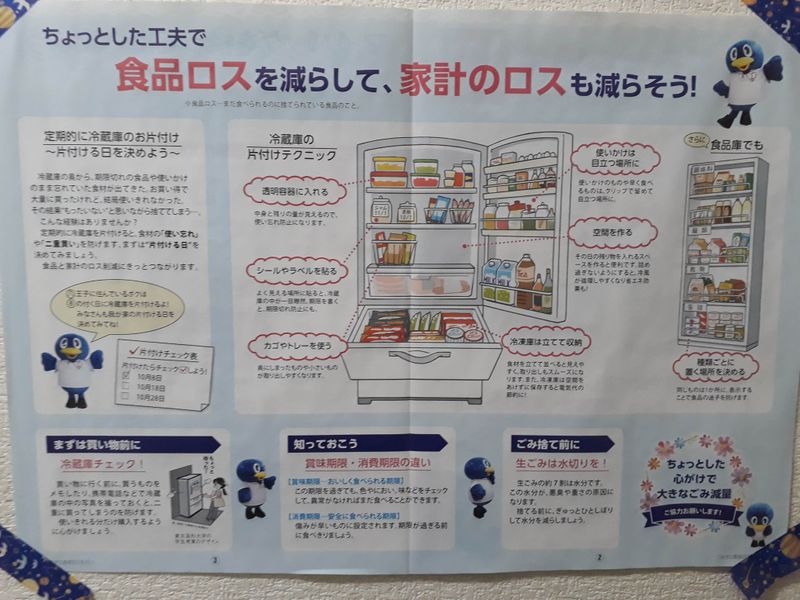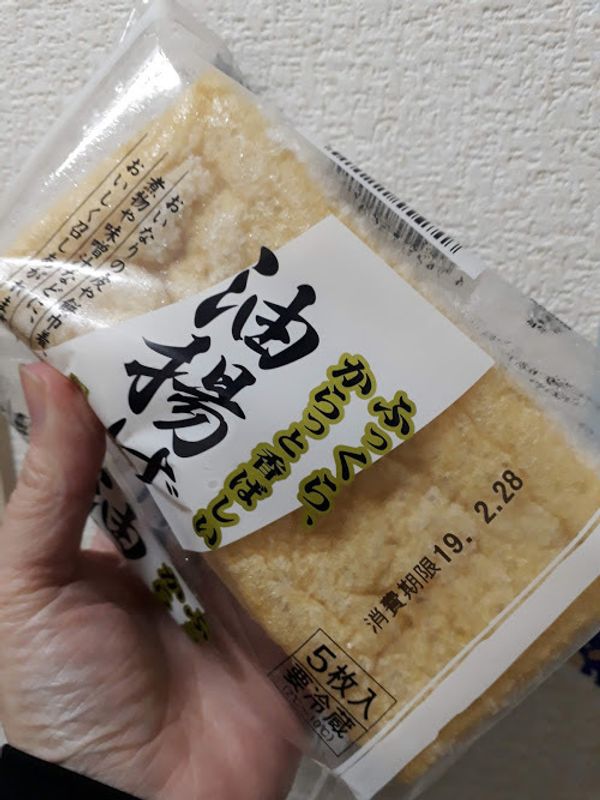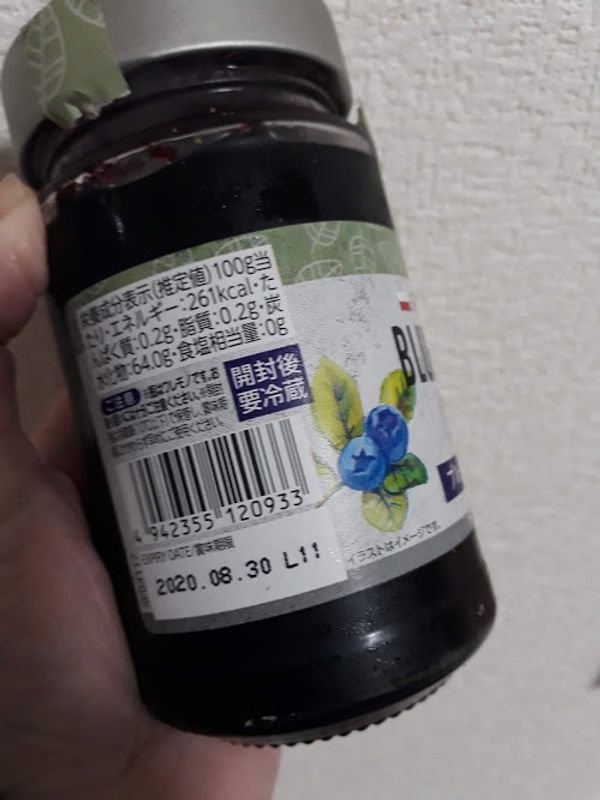Mar 19, 2019
How my town encourages people to reduce food waste

Not too many months ago I found an article in my local newspaper which arrives bi-weekly in my mail for free. This article helps spread awareness about how to handle food waste but more importantly how to reduce it. Since that is something that I have experienced more than I would like to admit (and maybe some readers feel the same way) I thought I would share this article and my thoughts about it with you so we can all learn from it.
The article tries to catch the readers attention with the heading, "If you reduce food loss, you will also reduce your grocery bill." In my opinion that is something almost everyone would want to do, right? Save a little bit of money here and there to make daily life a little bit more enjoyable. Whatever gets you going, use that motivation to lessen your ecological foot print.
So how can we reduce our food waste?
1. Decide on days when to clean your refrigerator.
In order to help you keep on check on things, you gotta know what is inside your fridge and what needs to be used up within the next few days. This also helps to reduce overbuying on food which might otherwise go to waste. So checking it before your grocery shop definitely helps in reducing food waste. The article suggests cleaning out the fridge once every ten days. I would probably not go that far in cleaning the actual fridge as that is quite time consuming but I do agree that it is a good idea to check the "best before" day to avoid unnecessary food waste.
Speaking of the "best before" day, it helps to...
2. Know the difference between "賞味期限" (shōmi kigen) and "消費期限" (shōhi kigen).
Knowing the difference between the two terms shômi kigen and shôhi kigen is quite crucial in reducing unnecessary food waste. This is because shōmi kigen merely indicates that the best taste is guaranteed by that date but it does not say you have to consume it by that day otherwise it will spoil. So, eating it after that day just reduces the flavor but does not harm us if we consume it past that day. Throwing it away right after that day increases food waste when it could still be consumed.
Shōhi kigen, on the other hand, means that the item spoils as soon as that day arrives meaning it should not be consumed after that day. Checking the refrigerator and pantry regularly raises the awareness of this shōhi kigen day and helps prevent unnecessary food waste.


Some food items can also be frozen so that is another way of reducing food waste.
3. Organize the refrigerator in an efficient way.
Most of the things shown in the article might be common knowledge, like putting leftovers into air-tight containers before putting them into the fridge and sticking labels with the opened day on longer-lasting items that might easily be forgotten in the chaos of every day life. If you have to get things out of the freezer it helps to keep things visible if you store items vertically instead of horizontally.
4. What to do before throwing away raw food waste.
This tip is mainly meant for reducing the weight of the thrown away waste. 70% of the waste's weight comes from water and thus increases the weight of waste produced. To reduce the amount of water helps keep the food waste compact. Especially in towns were you have to pay for special trash bags in order to throw away food waste this also helps in reducing the trash bag's size, or the amount of trash bags used, reducing the cost of throwing waste away.



1 Comment
maynestacy
on May 15
Thank you for sharing! Great things to think about.